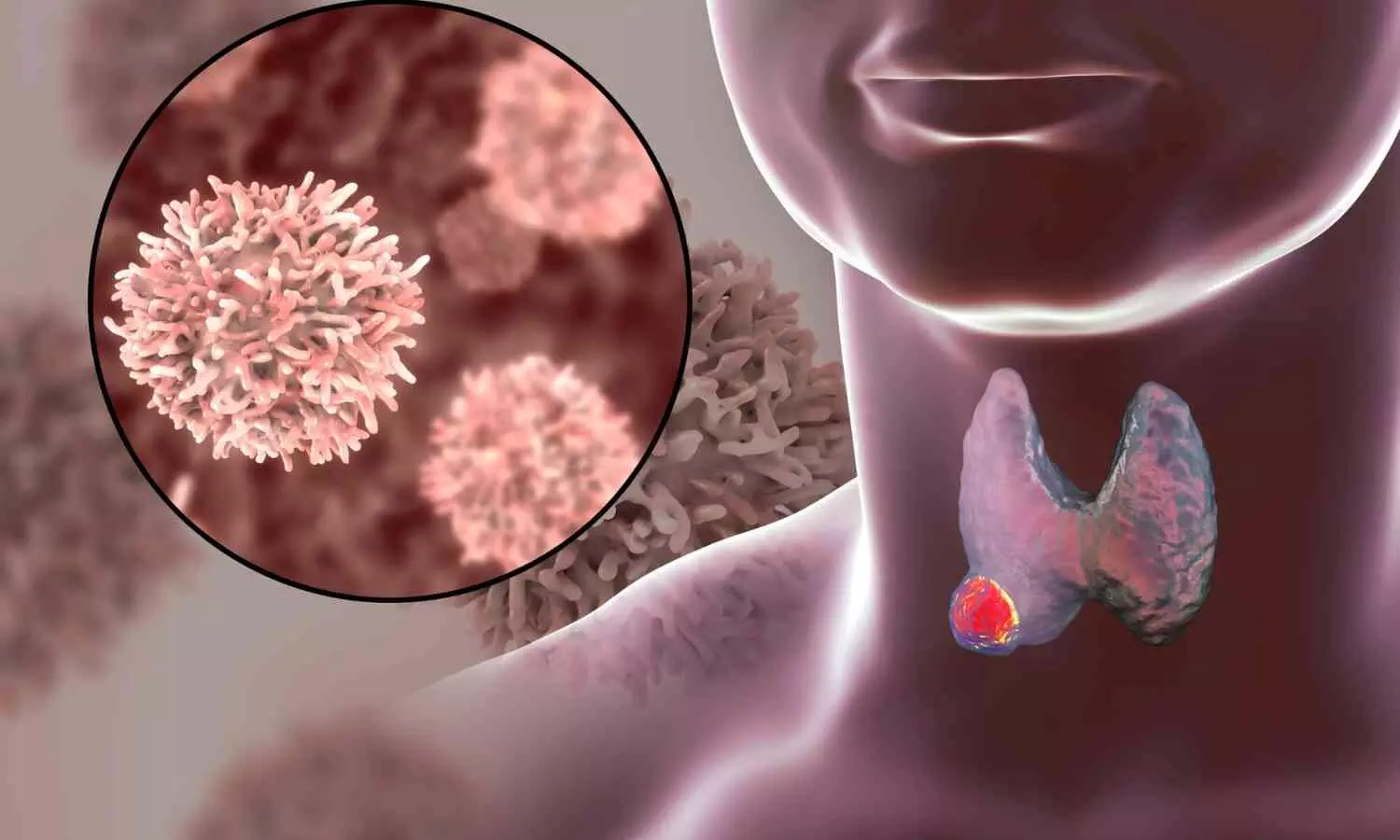Early-Life Exposure to Pollution and Night Light Linked to Increased Risk of Childhood Thyroid Cancer: Study

New York: A new study led by researchers from Yale University has found that early-life exposure to fine particulate air pollution (PM2.5) and outdoor artificial light at night (O-ALAN) may increase the risk of developing paediatric thyroid cancer, particularly papillary thyroid cancer, in children and adolescents. The findings were published in the journal Environmental Health Perspectives.
The study highlights a significant association between exposure to PM2.5 and O-ALAN during the perinatal period — from pregnancy through the first year of life — and an increased risk of thyroid cancer in individuals up to 19 years of age. Dr. Nicole Deziel, lead author and environmental epidemiologist at the Yale School of Public Health, said the results are alarming given the ubiquity of these exposures in urban environments.
Fine particulate matter (PM2.5) primarily originates from automobile emissions and industrial processes, while artificial light at night is prevalent in densely populated areas. These environmental exposures have previously been linked to a range of health issues, but this is the first large-scale study to associate them with paediatric thyroid cancer.
The research team analysed data from 736 individuals diagnosed with papillary thyroid cancer before age 20 and 36,800 matched controls, all born in California. By leveraging satellite data and geospatial modelling, the researchers assessed individual exposure levels based on residential addresses at birth.
Results showed that with every 10 microgram per cubic meter increase in PM2.5 exposure, the risk of developing thyroid cancer rose by 7 percent. The risk was notably higher among adolescents aged 15–19 and Hispanic children. Similarly, children born in areas with high levels of outdoor light at night had a 23–25 percent increased likelihood of developing the disease.
Dr. Deziel noted that thyroid cancer is one of the fastest-growing cancers among young people, yet its causes remain poorly understood. She emphasized the need for further research to confirm and build upon these findings using refined exposure data and long-term study designs.
The study underscores growing concerns about the impact of environmental factors on childhood cancer risk.


